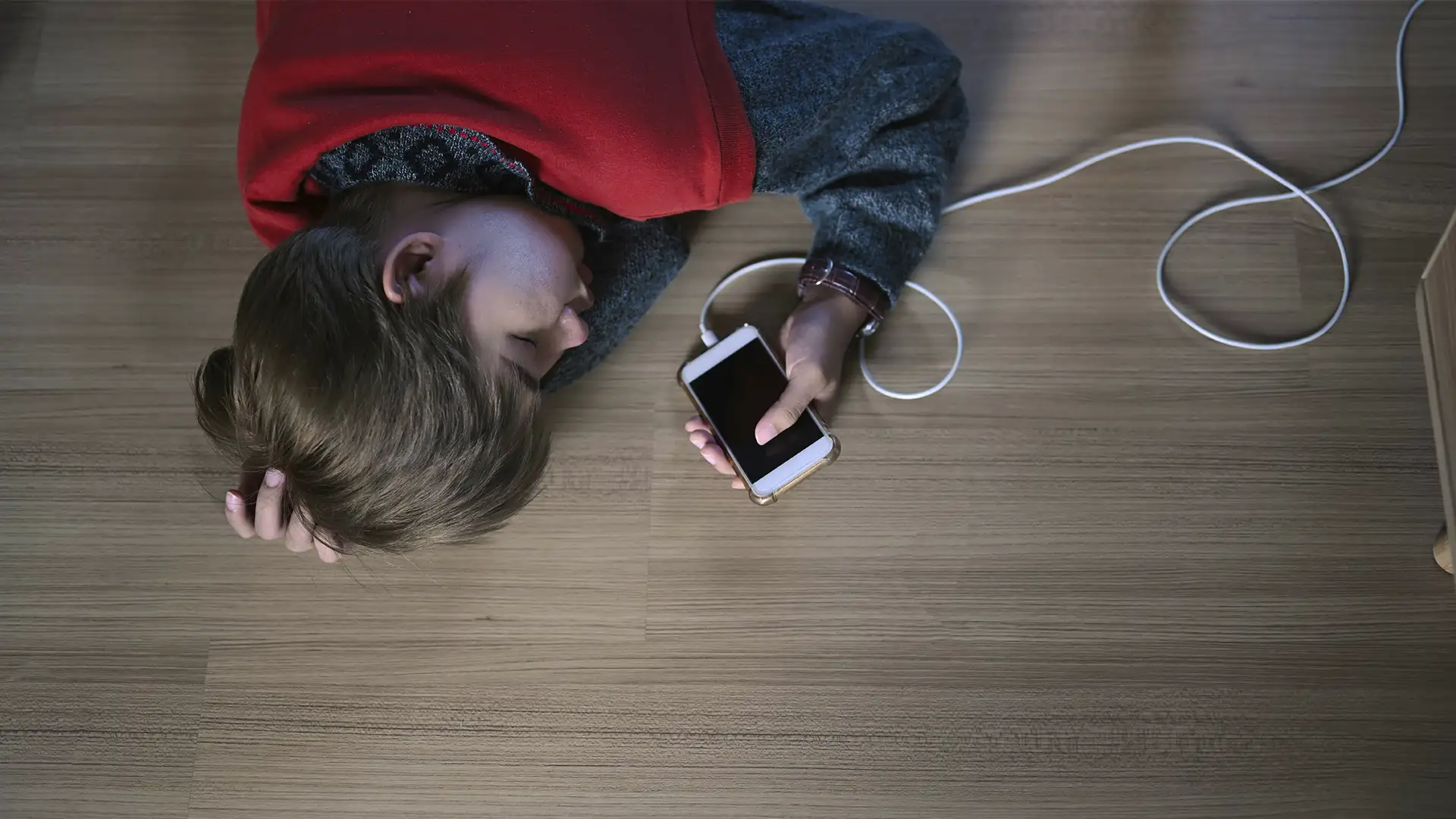We live in a world where screens are an unavoidable part of life. From smartphones and tablets to laptops and TVs, digital devices have become essential to our daily routines. While technology has its benefits, like keeping us connected and entertained, it’s also taking a toll on our mental health. The constant notifications, endless scrolling, and pressure to stay online can be overwhelming. So, how can we navigate this digital era while keeping our well-being in check? Let’s talk about managing screen time for better mental health.
The Impact of Too Much Screen Time
We’ve all been there—what starts as a quick check of social media turns into an hour-long scrolling session. Before we know it, we’ve lost track of time, and our brains feel more drained than refreshed. It’s no surprise that excessive screen time can lead to issues like anxiety, stress, and even depression.
Research shows that spending too much time on screens can disrupt sleep patterns, making it harder to unwind at night. The blue light emitted from devices tricks our brain into thinking it’s still daytime, which interferes with our body’s natural sleep-wake cycle. A lack of sleep can leave us feeling groggy and irritable, impacting our overall mental health.
Additionally, social media, while fun and engaging, can also foster feelings of comparison and inadequacy. When we constantly see carefully curated snapshots of other people’s lives, it’s easy to feel like we’re not measuring up. This “comparison trap” can lead to low self-esteem and increase anxiety levels.

Finding Balance: Tips for Managing Screen Time
The good news is that we can take control of our screen time and create a healthier relationship with technology. Here are some simple yet effective strategies to help manage screen time and boost well-being:
* Set Screen Time Limits
Most smartphones come with built-in features that allow you to monitor your screen usage and set daily limits. Take advantage of these tools to reduce time spent on non-essential apps. You can even set app-specific limits to ensure you’re not spending too much time on social media or gaming.
* Create Tech-Free Zones
Designate certain areas of your home as “tech-free zones.” The bedroom is a great place to start. Try keeping your phone out of your room at night to avoid the temptation of late-night scrolling. You’ll likely find that you sleep better and feel more refreshed in the morning.
* Take Digital Breaks
It’s important to step away from screens periodically. A good rule of thumb is the 20-20-20 rule: every 20 minutes, take a 20-second break and look at something 20 feet away. This helps reduce eye strain and gives your mind a mini-refresh.
* Be Intentional with Screen Time
Rather than mindlessly scrolling or binge-watching, be intentional with your screen time. Ask yourself why you’re using a particular app or watching a specific show. If it’s to relax, make sure it’s something that genuinely brings you joy or helps you unwind. If you catch yourself scrolling out of boredom, consider doing something else, like reading a book or going for a walk.
* Unplug Before Bed
As tempting as it might be to check your phone one last time before bed, it’s a good idea to unplug at least 30 minutes before you plan to sleep. This allows your brain to wind down naturally, making it easier to fall asleep and enjoy restful sleep.
* Prioritize Real-Life Connections
While technology allows us to stay connected with people, it’s important not to let digital interactions replace real-life relationships. Make time for face-to-face conversations with friends and family. These in-person connections can help reduce feelings of loneliness and strengthen emotional bonds.
The Benefits of a Healthy Screen-Time Balance
By managing screen time effectively, you’ll likely notice a number of positive changes in your mental health. For starters, reducing your screen exposure can lead to better sleep, more focus, and increased productivity. You may also find that your anxiety levels decrease, and your mood improves when you’re not constantly plugged into the digital world.
Perhaps most importantly, setting boundaries with technology gives you more time to engage in activities that nourish your mind and body—like exercising, spending time outdoors, or practicing mindfulness. These activities can help you feel more balanced and centered in your daily life.
In Conclusion
In today’s digital age, it’s nearly impossible to avoid screens altogether, but by being mindful of how much time we spend on them, we can protect our mental health. Setting limits, taking breaks, and making time for offline activities are all small but powerful steps toward better well-being. After all, it’s not about ditching technology entirely—it’s about finding a balance that works for you and supports your mental and emotional health.
So, the next time you reach for your phone, ask yourself: Is this helping me or hurting me? With a little intention and some mindful habits, you can take control of your screen time and enjoy the benefits of a healthier, more balanced life.






































Leave a Reply